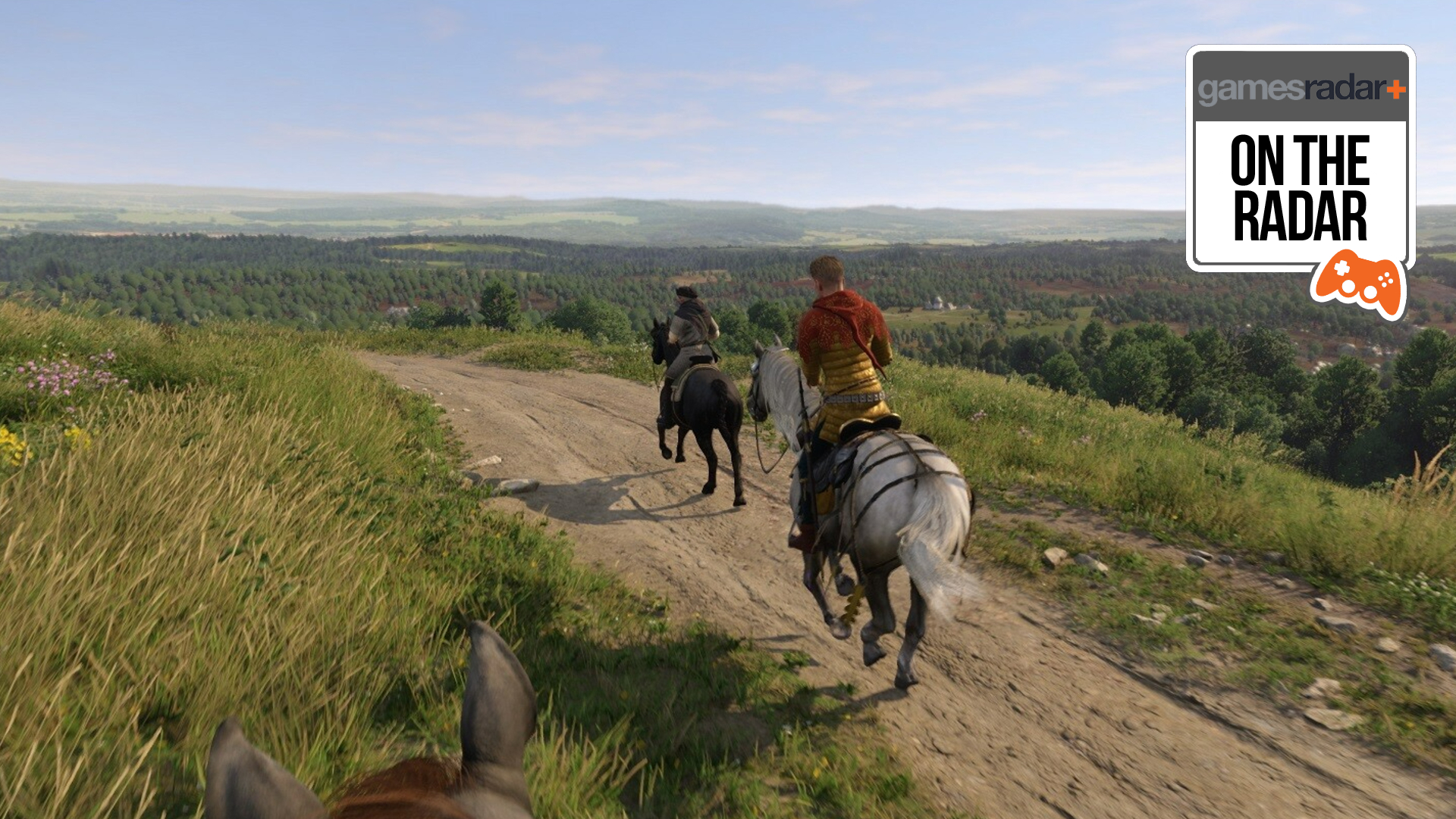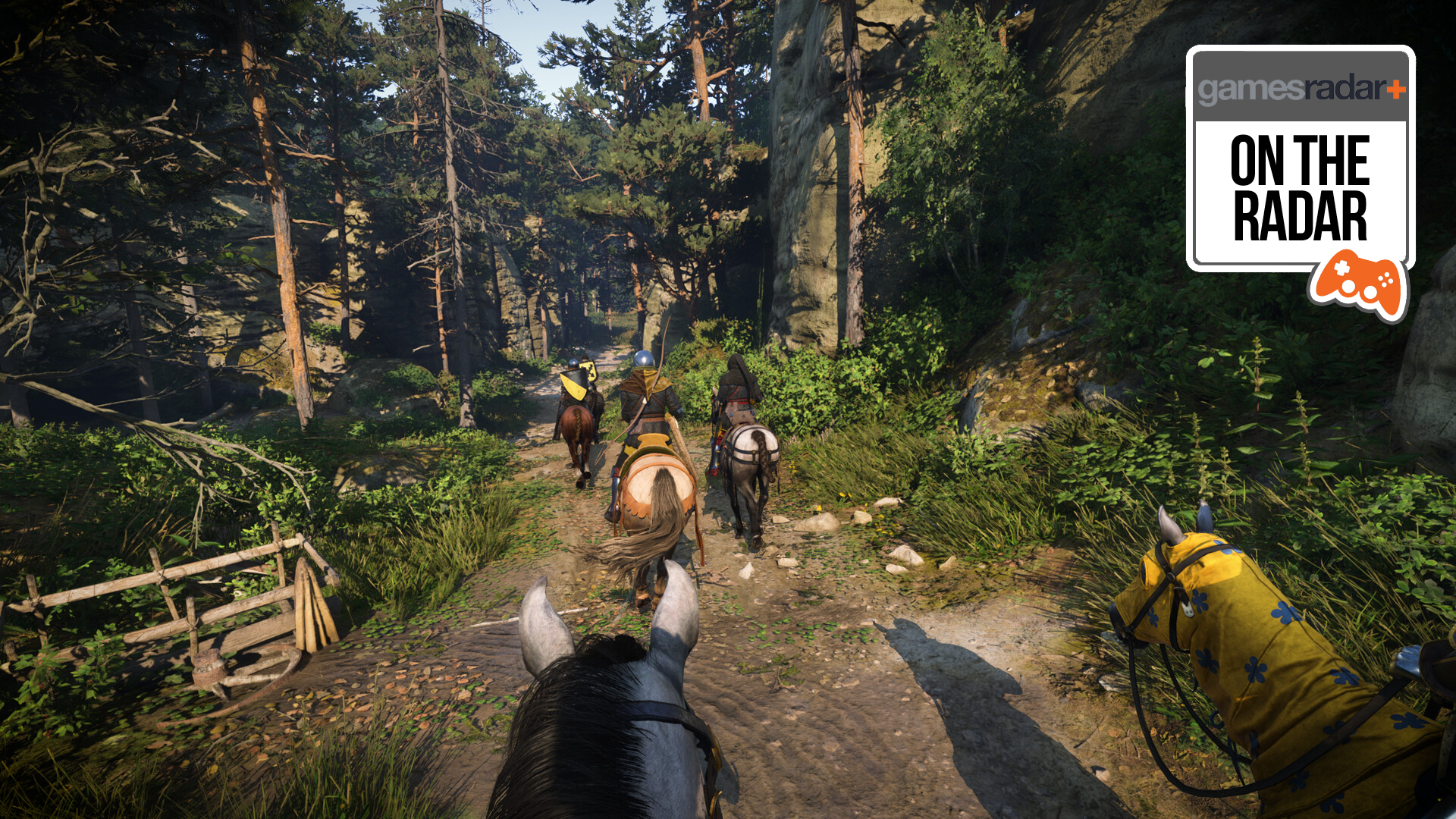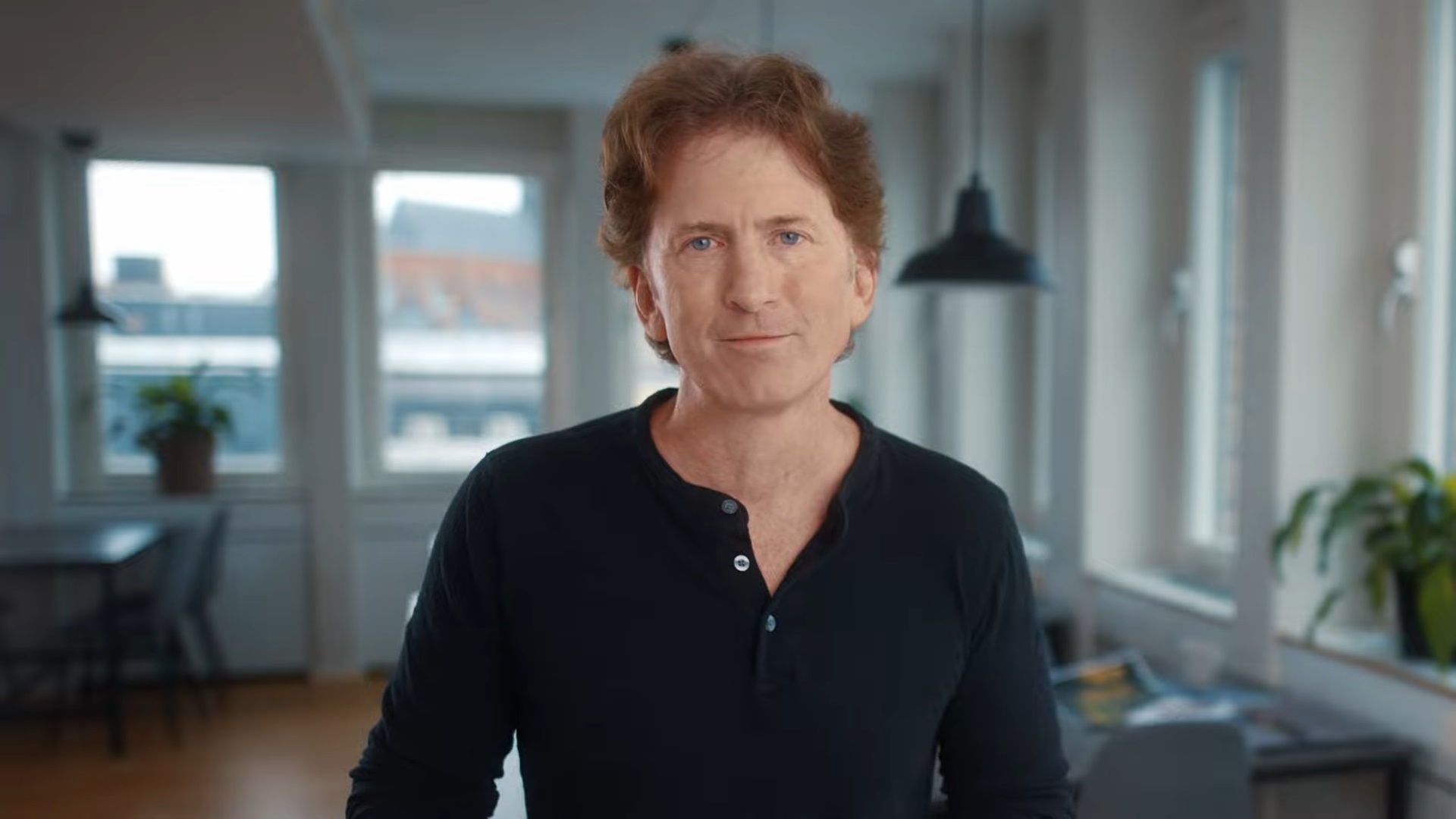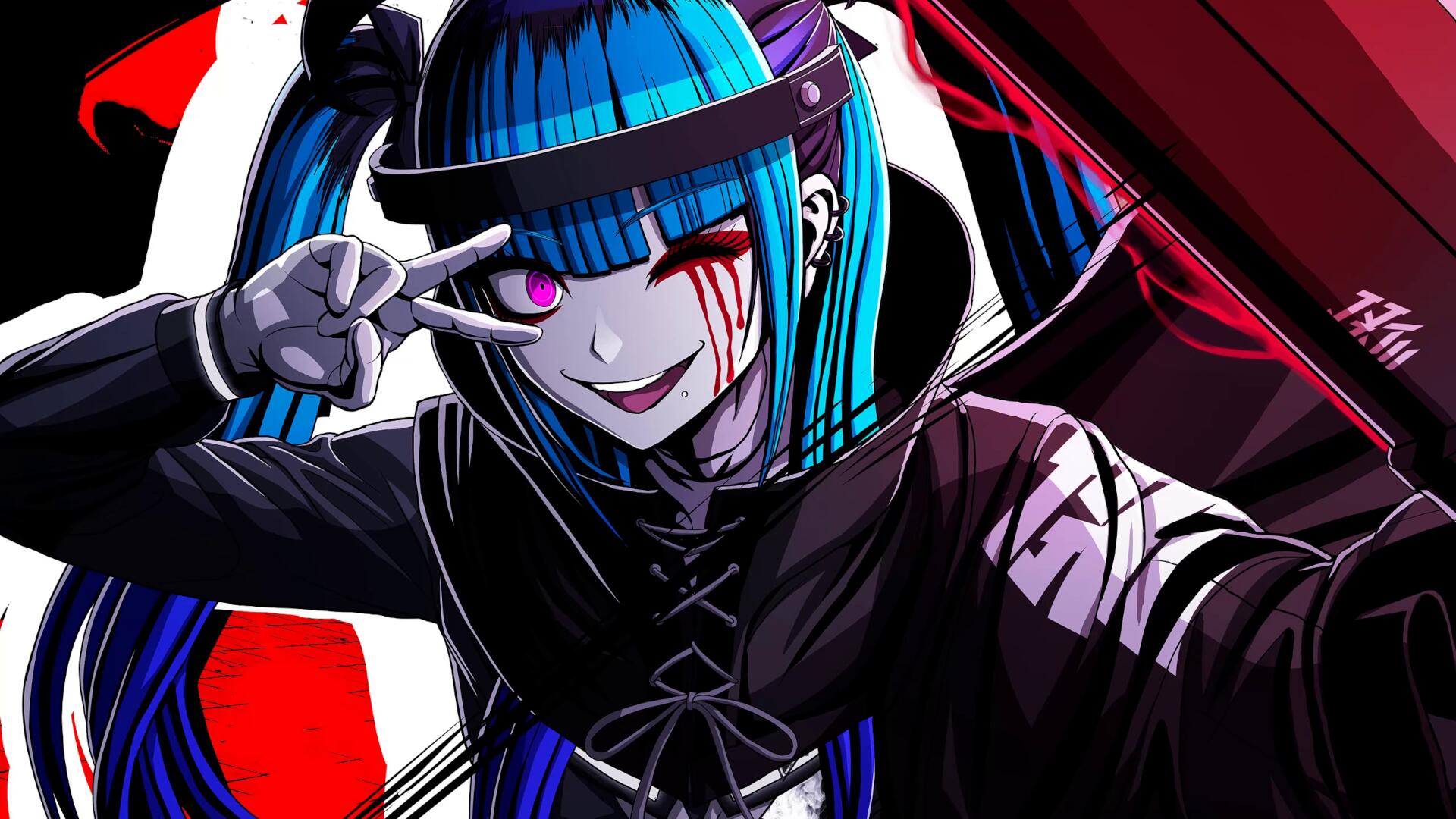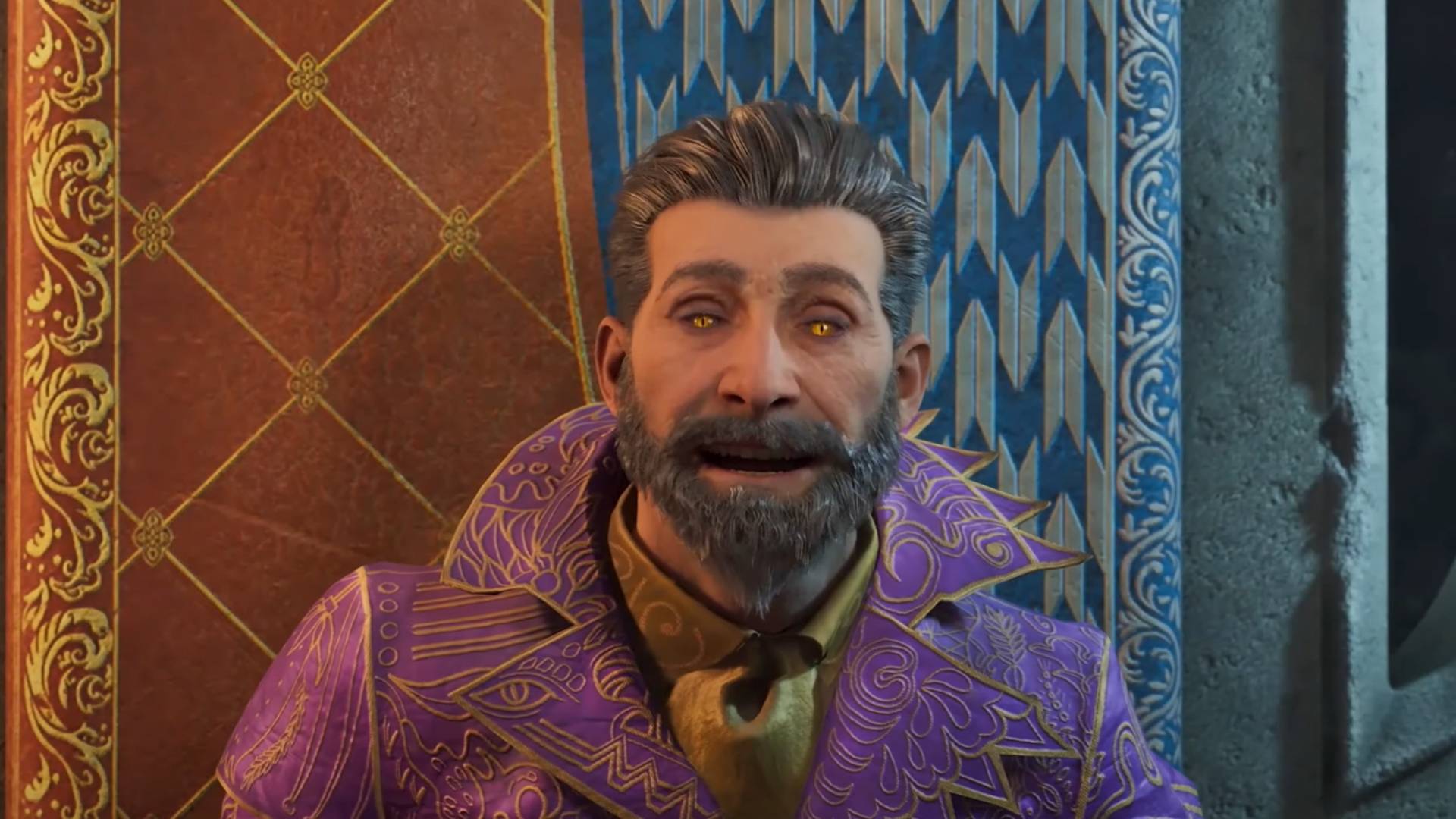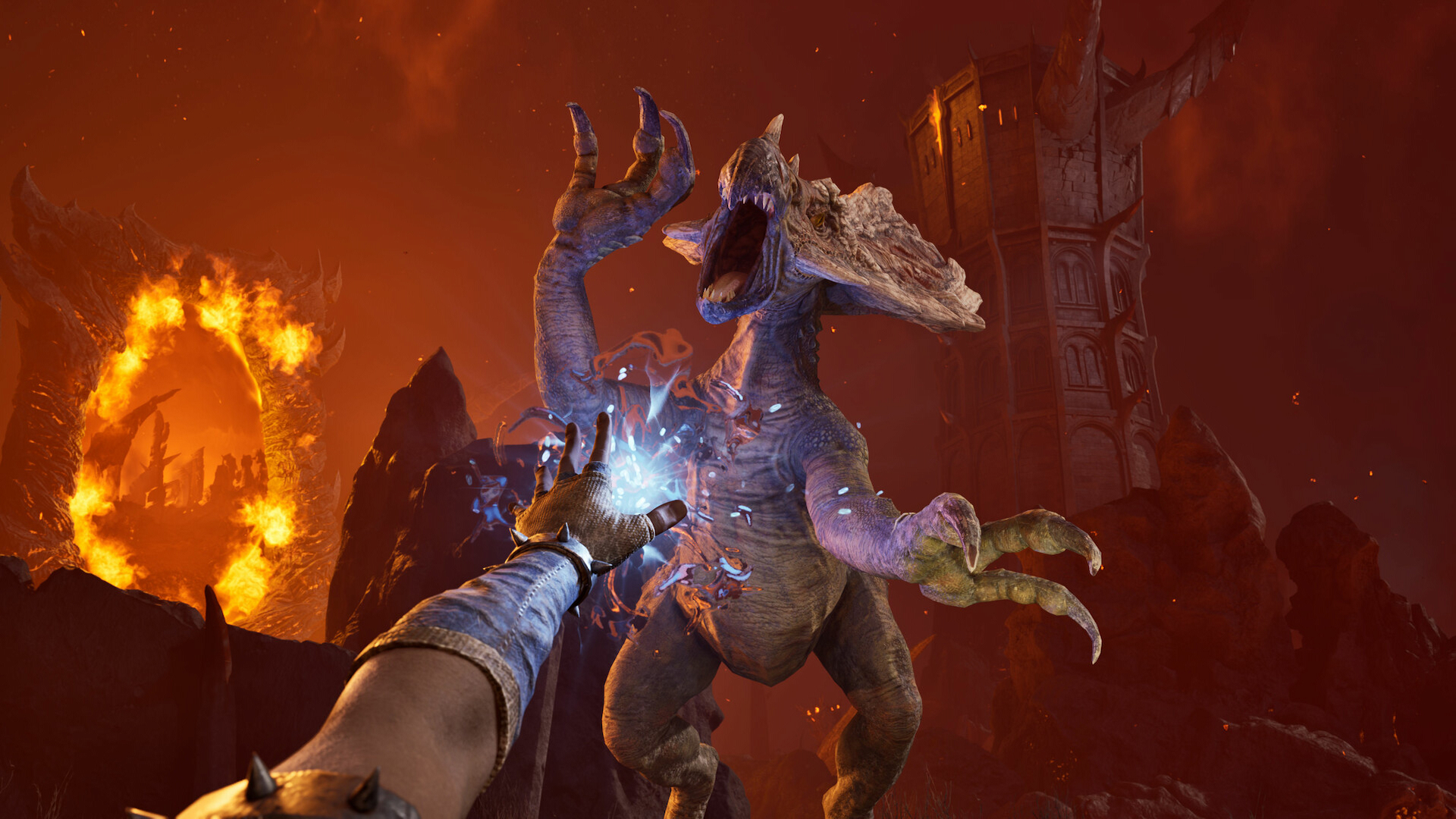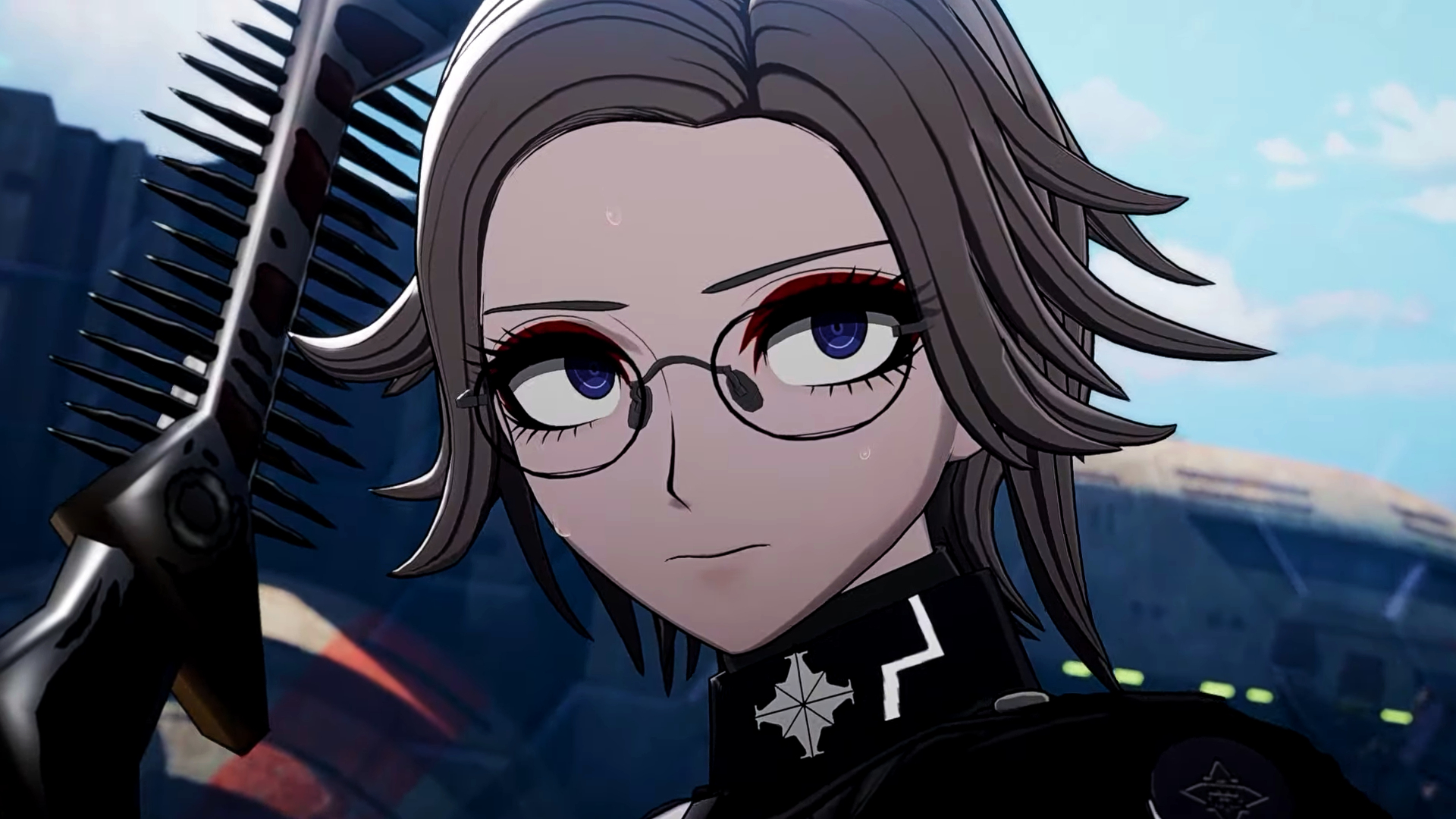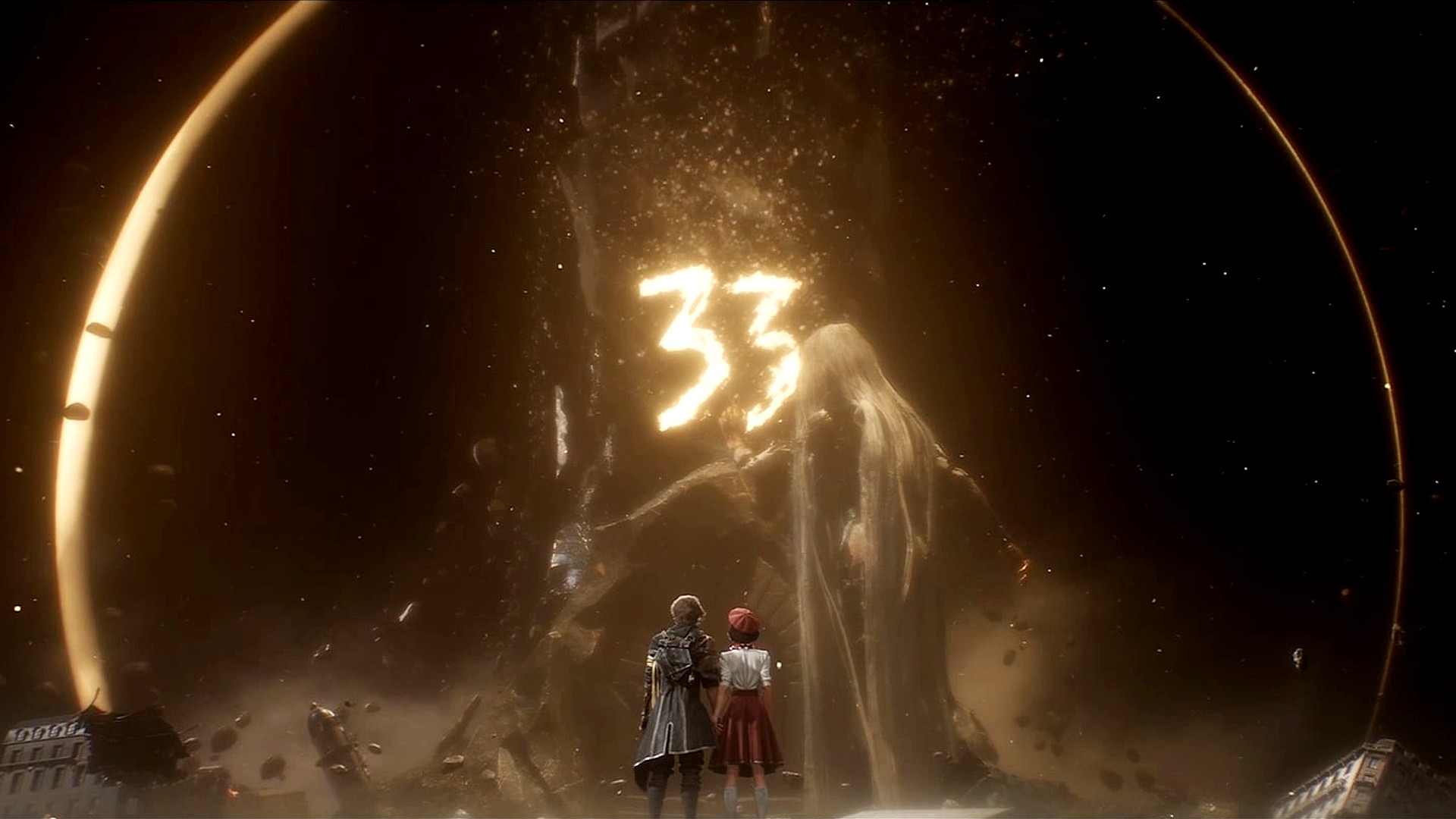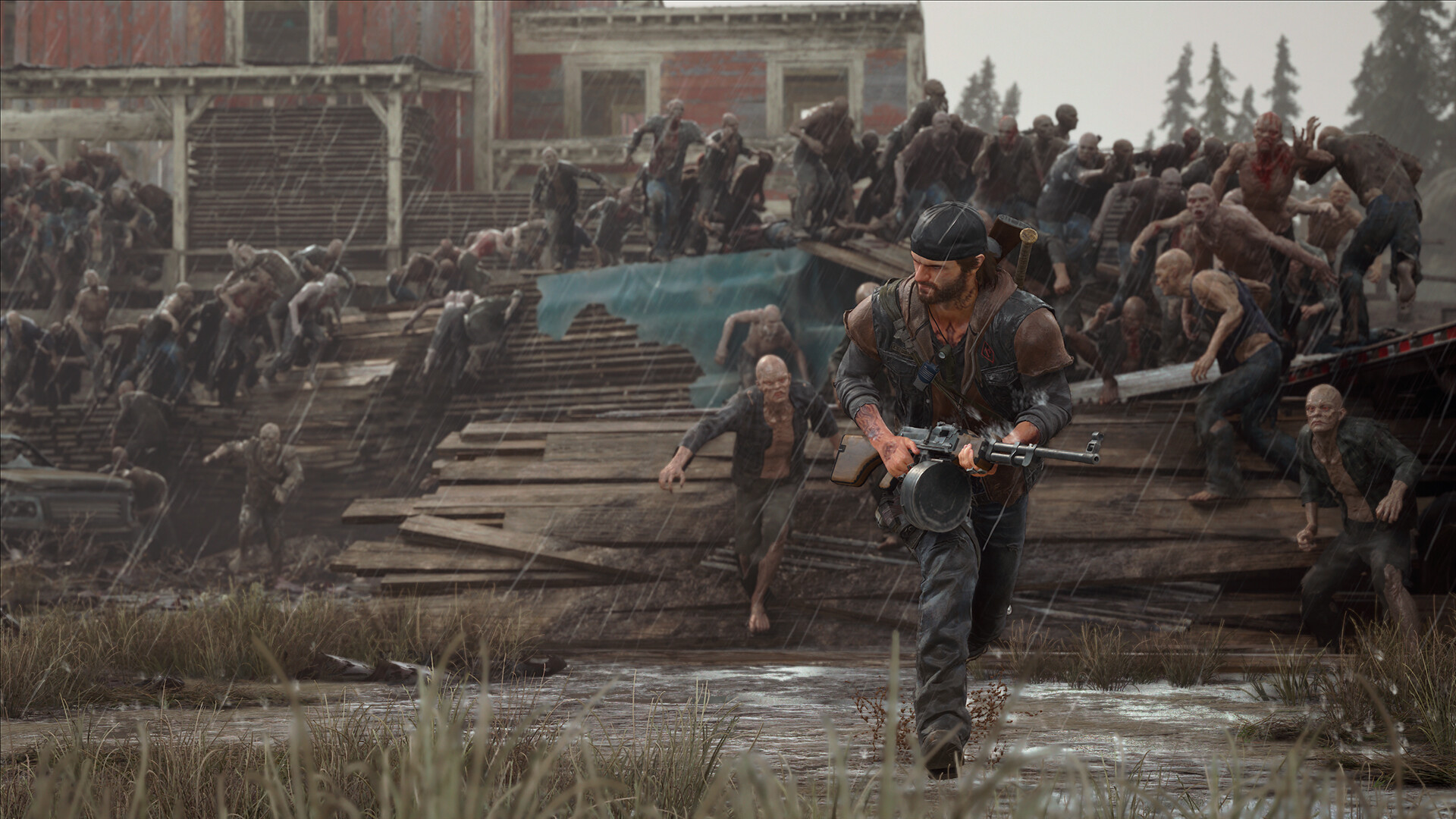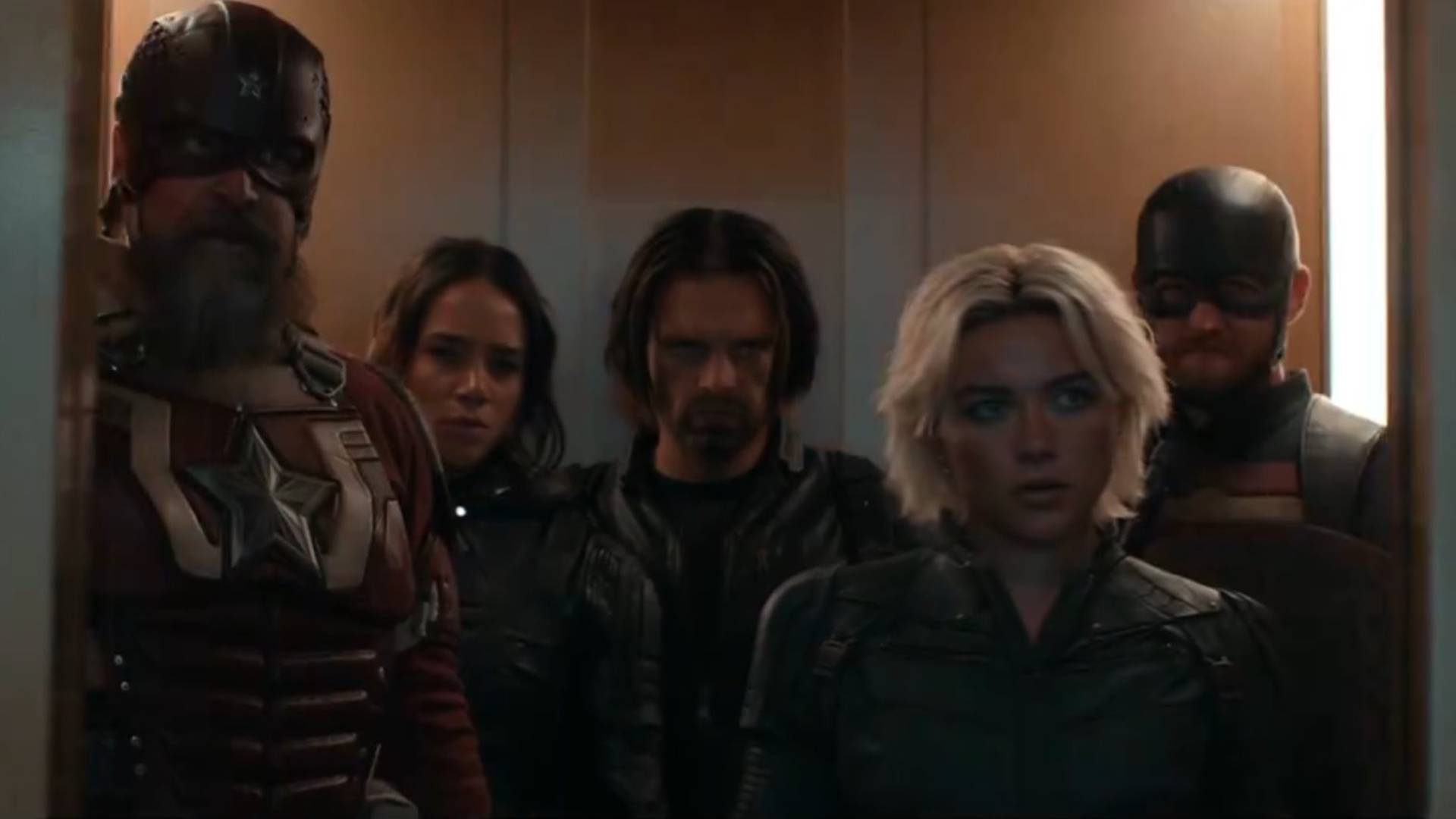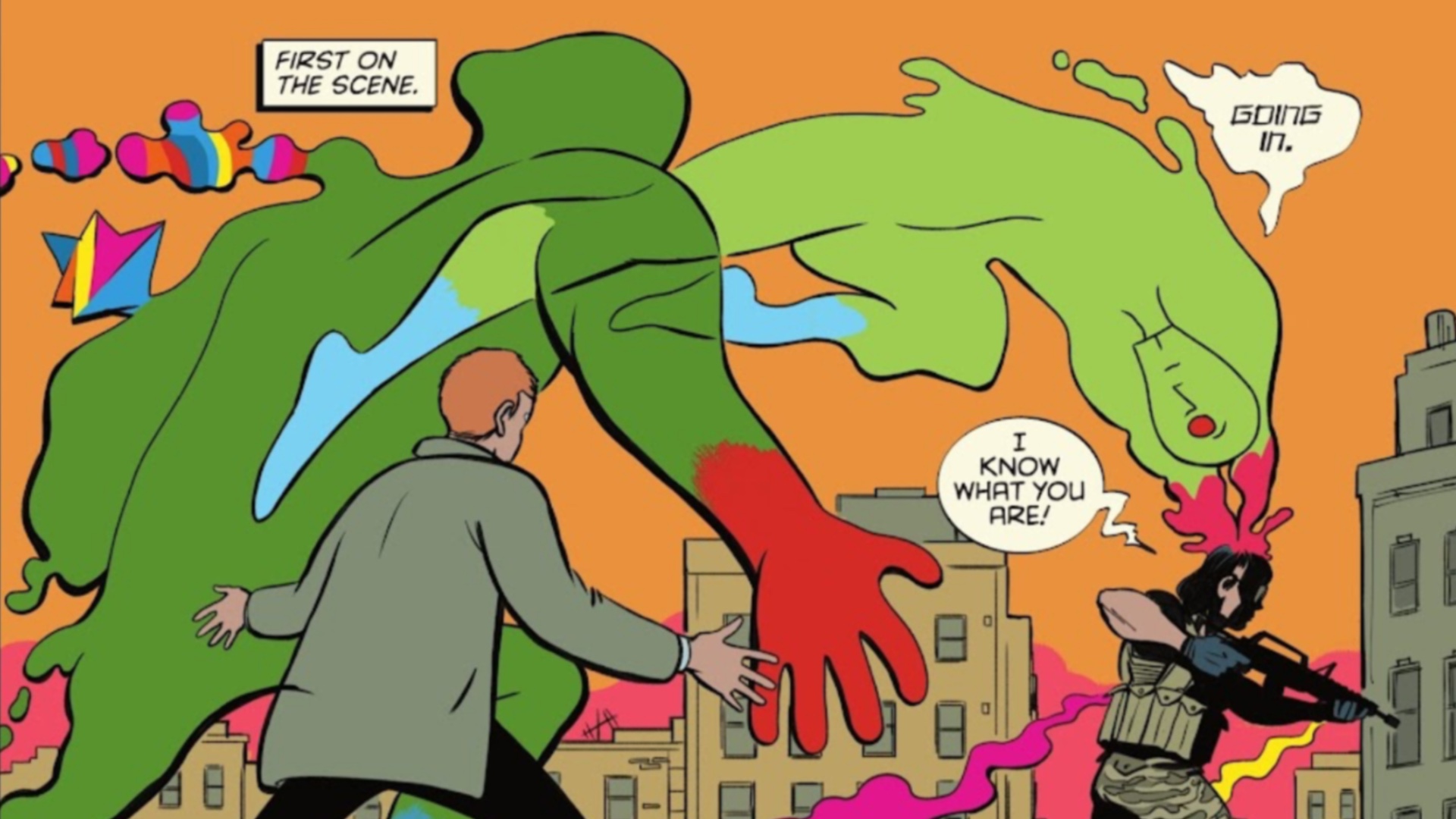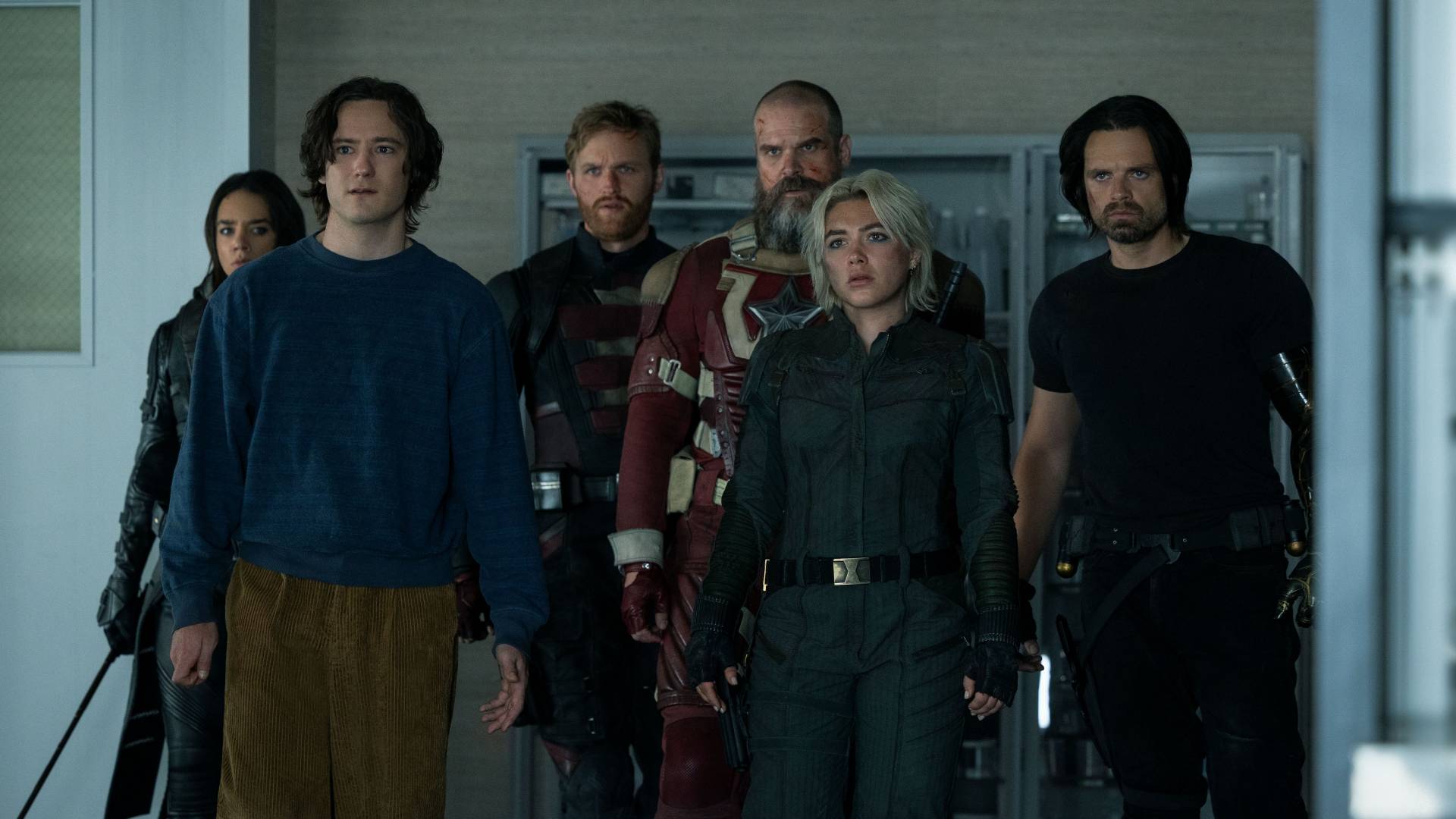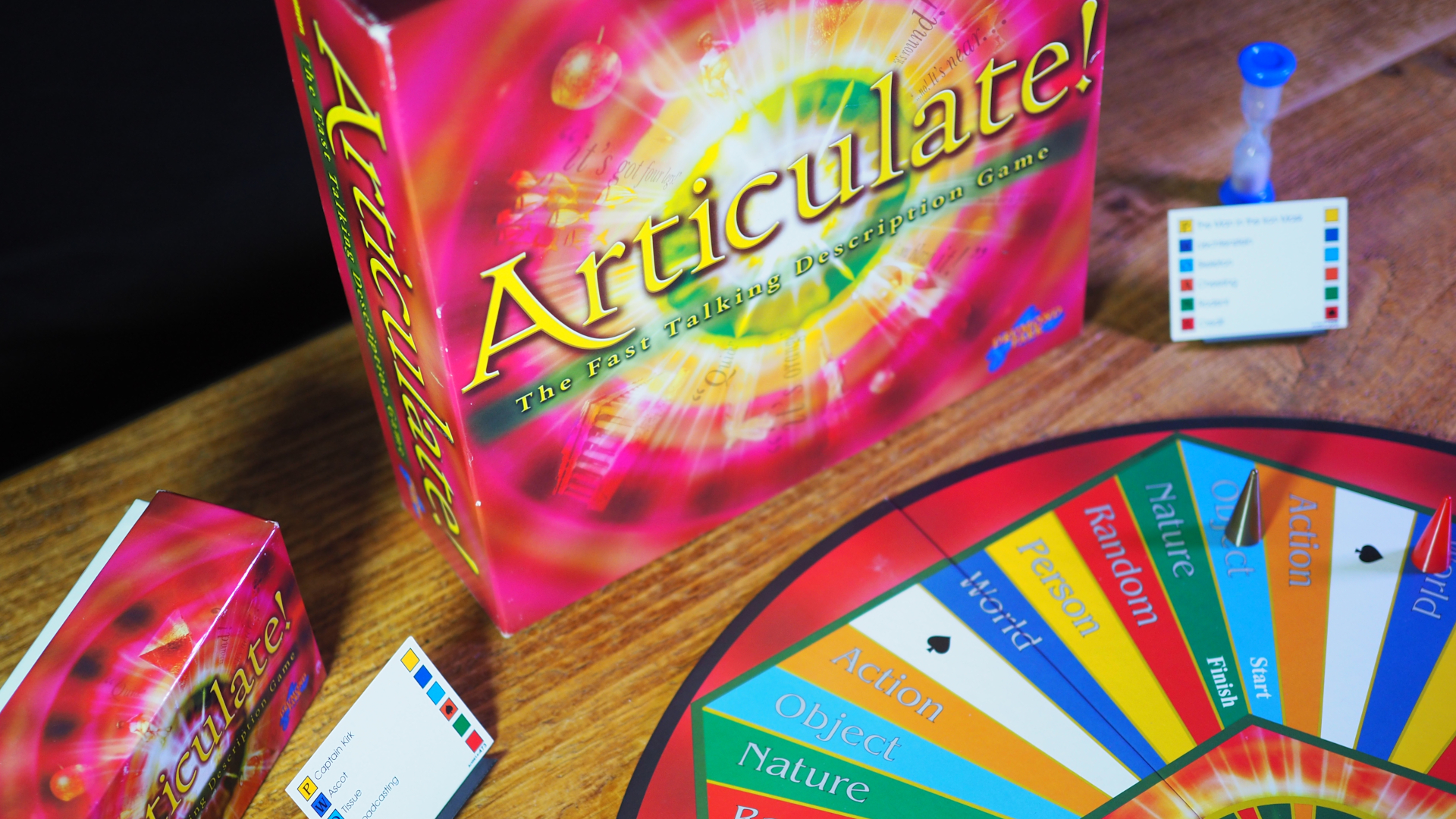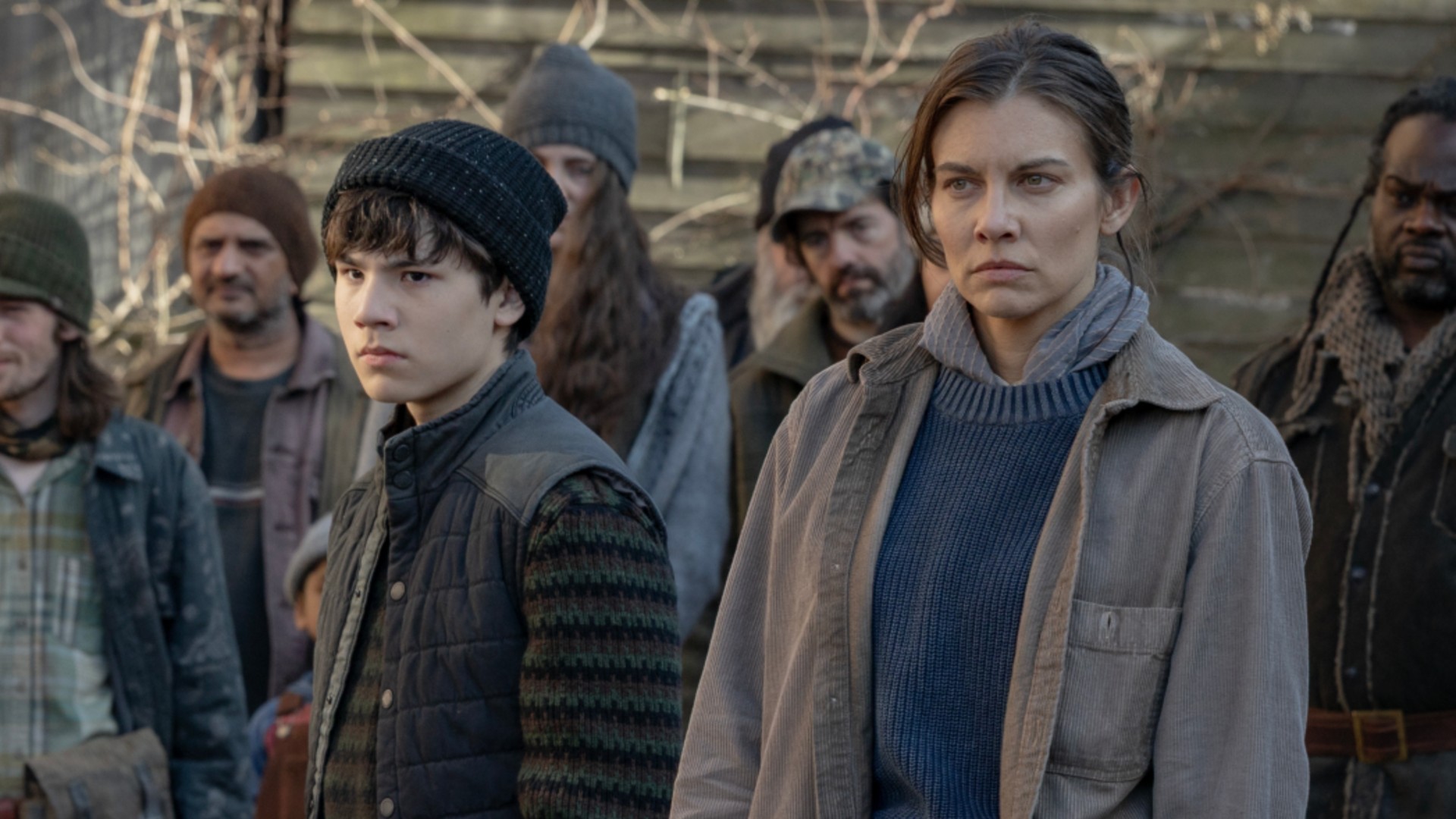When you purchase through links on our site, we may earn an affiliate commission.Heres how it works.
The idea was that each of these studios could work semi-independently, incubating their own game ideas.
Making a wish
This feature originally appeared inRetro Gamer magazine.
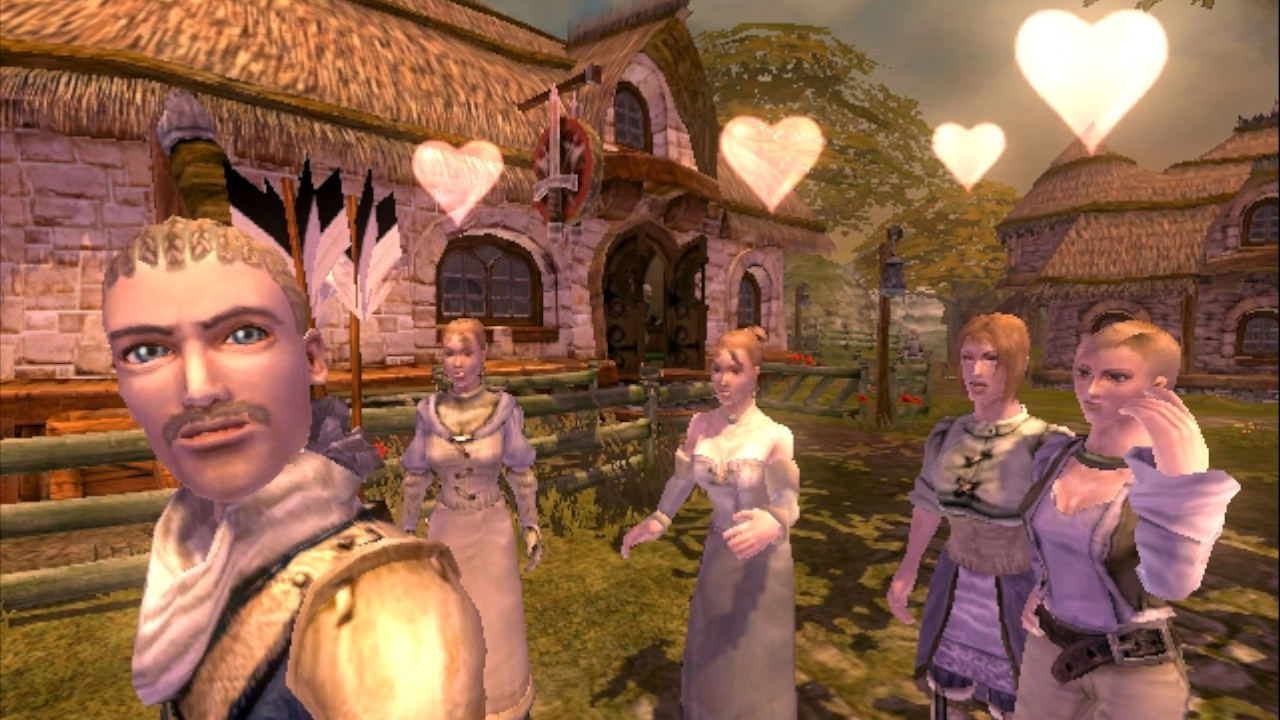
The same idea would be used to great effect in Lionhead’s debut title Black & White in 2001.
In another world, Fable could have debuted on theSegaDreamcast.
“I think that was the end of our Dreamcast relationship.”
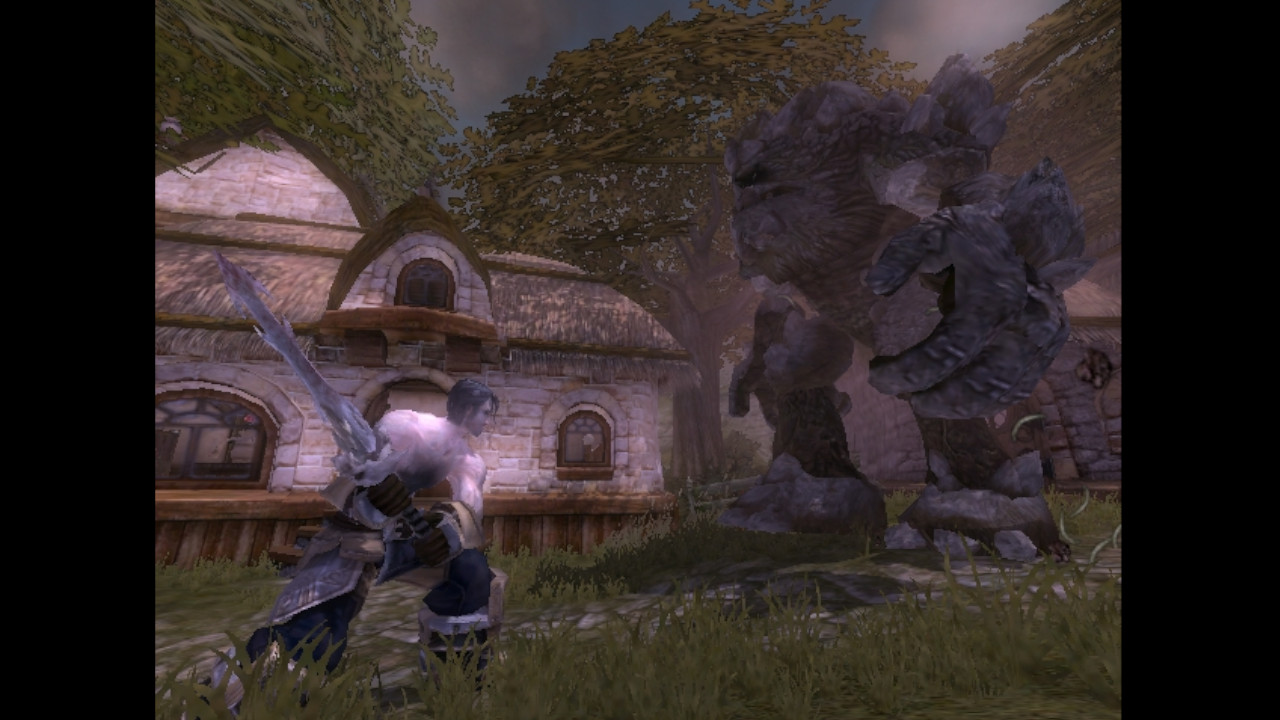
The deal “changed everything for us” says John.
Now, all eyes were upon them.
“Suddenly we were making the game,” says John.
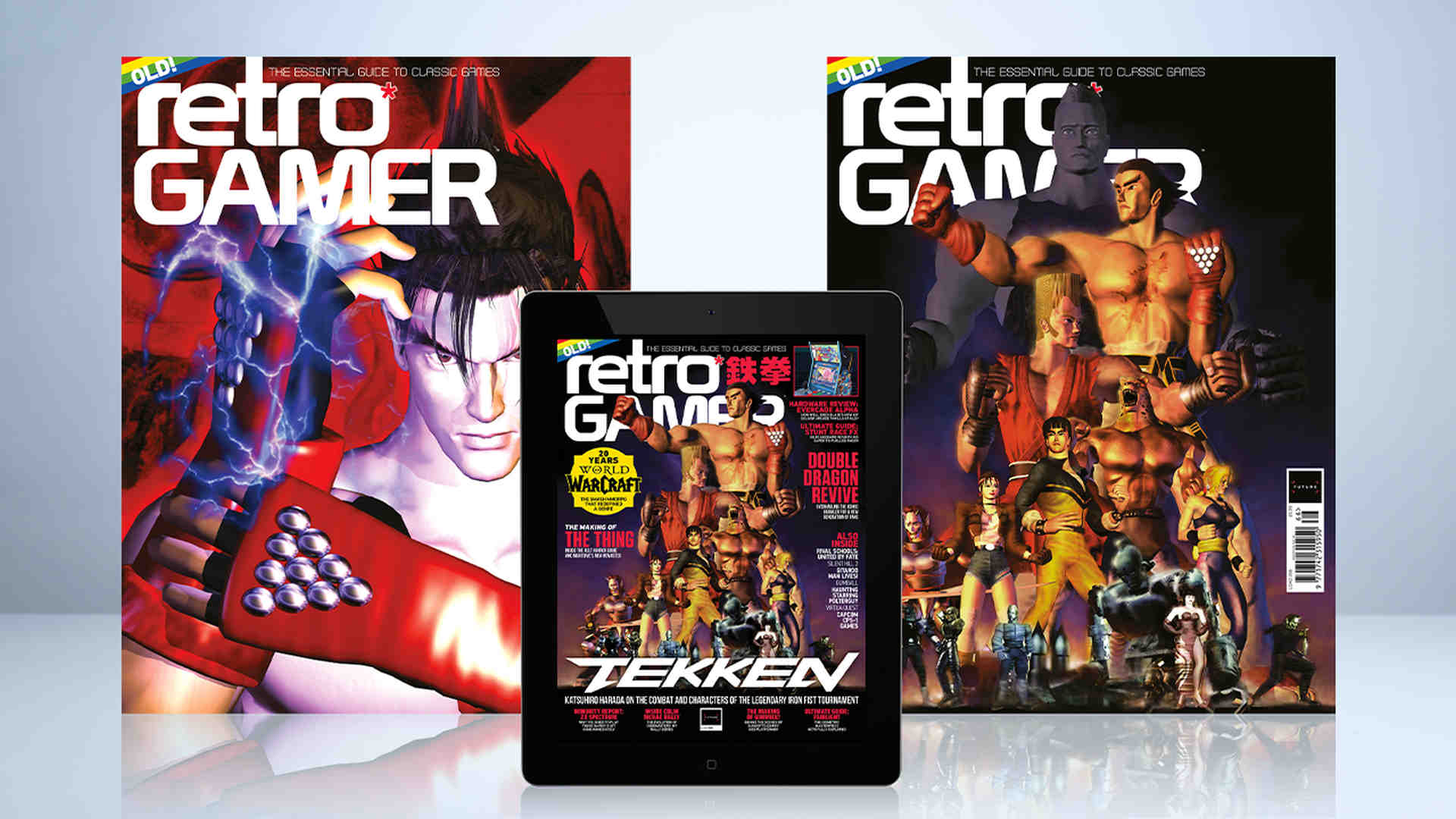
Planting the seed
Getting the project off the ground was a tall order.
“We built a world and it was talking to us.”
“He’s probably one of the strongest creative directors I’ve worked with.”
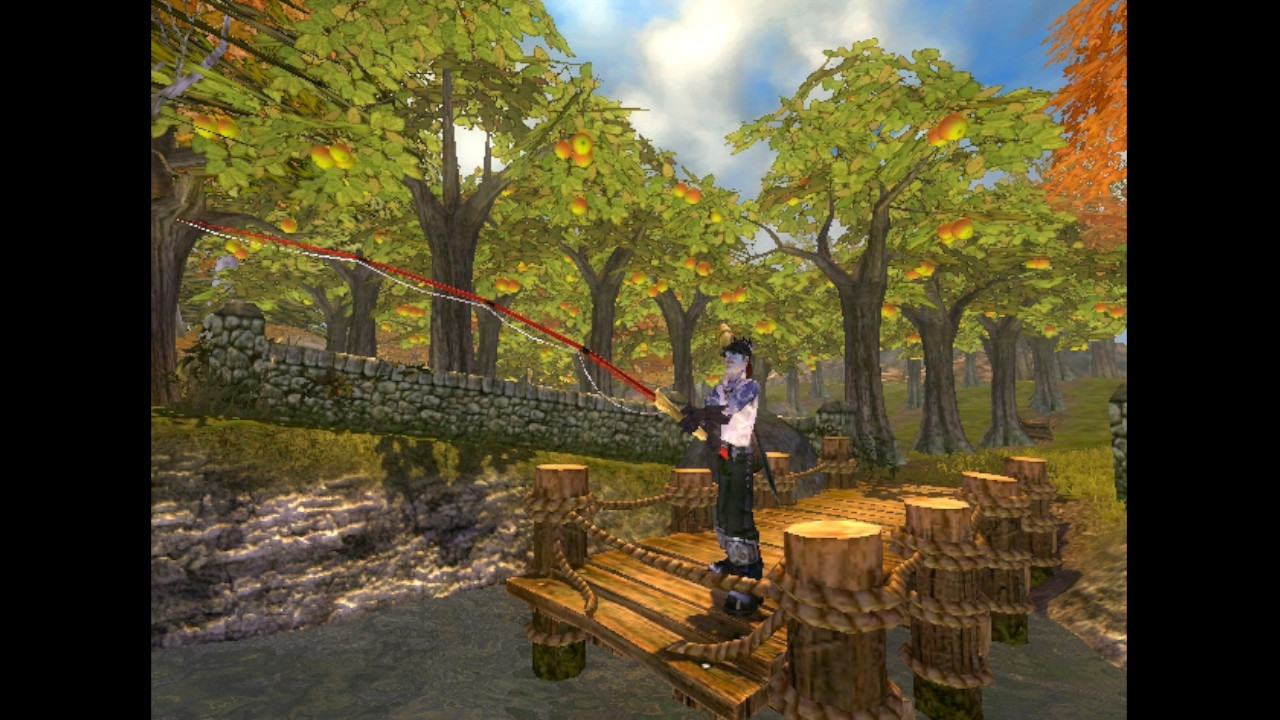
“We wanted everything to be grounded like a tree,” says John.
“The buildings are thicker at the bottom, then taper, then go back out.”
For such a funny game, Fable went to some very dark places.
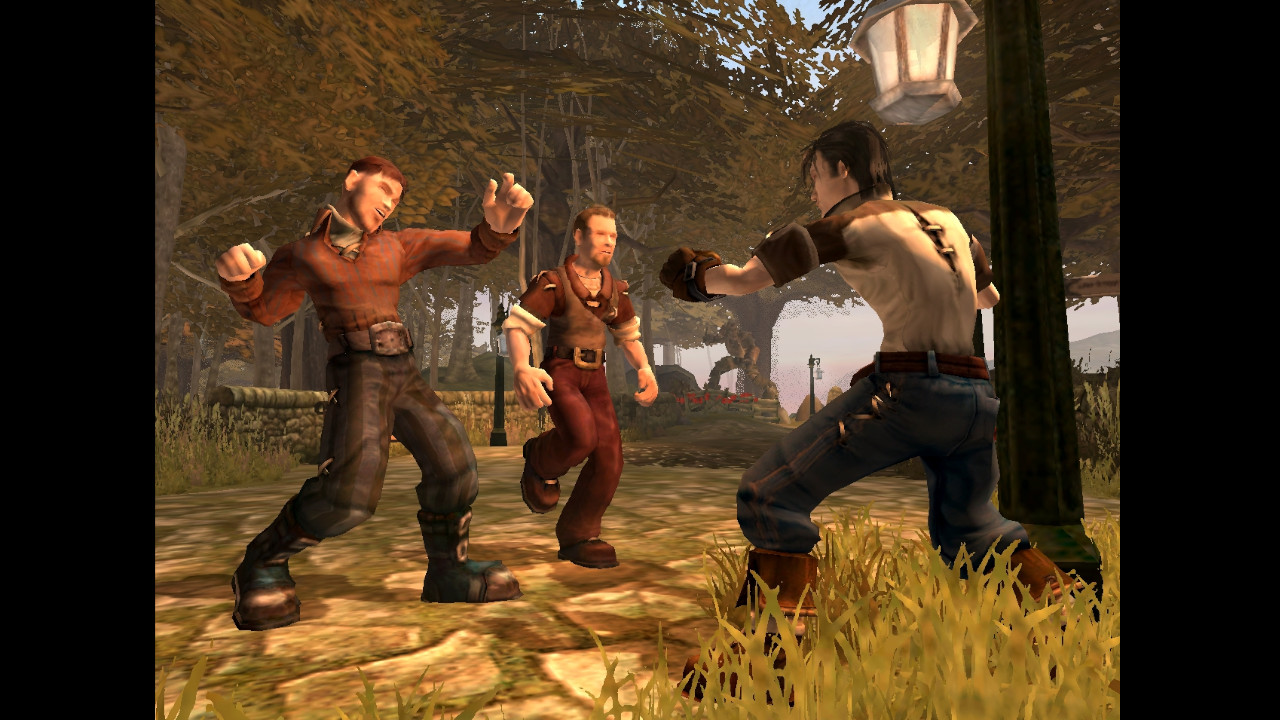
So Big Blue Box was surprised at just how much Microsoft bought into the concept, particularly the humour.
Fable was such an ambitious project that by the end there were around 150 people working on the game.
Intrepid’s BC game was cancelled, and one by one the satellite studios were absorbed back into Lionhead.
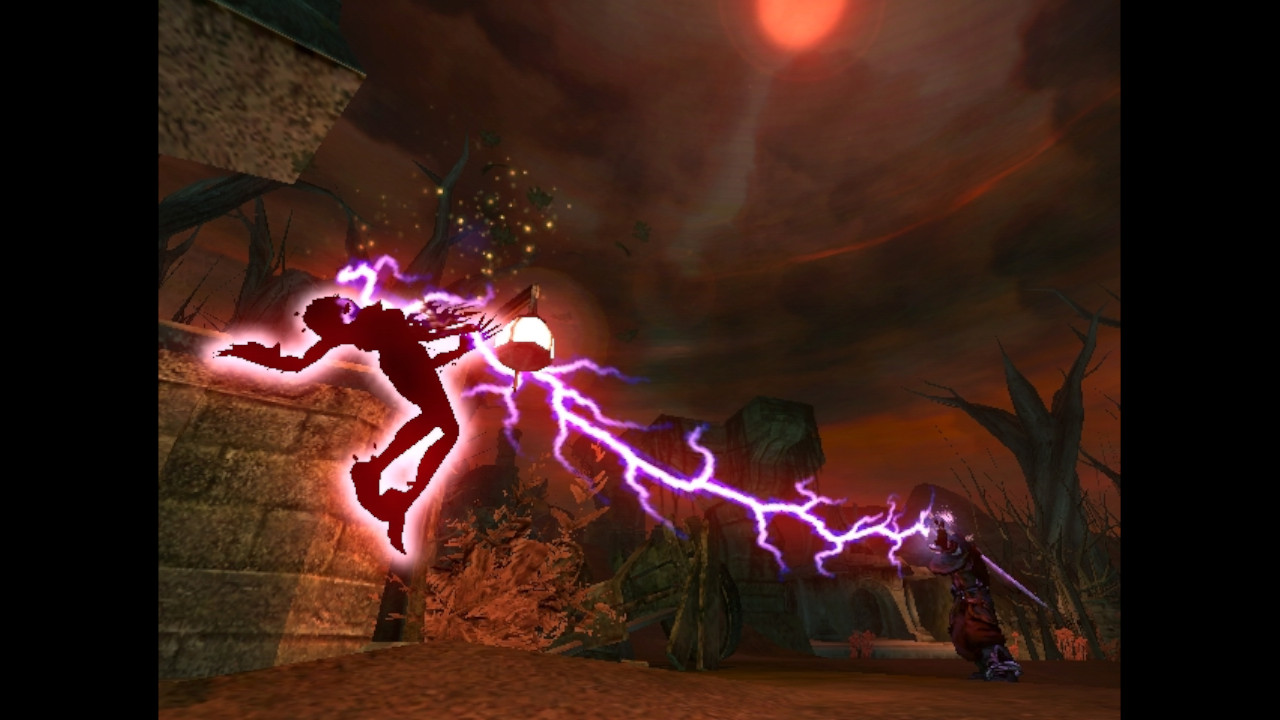
“Pretty much everybody ended up on Fable,” John says.
“I missed the Godalming office,” says John.
It was really idyllic and picturesque, and the buildings were all Tudor on that main street.
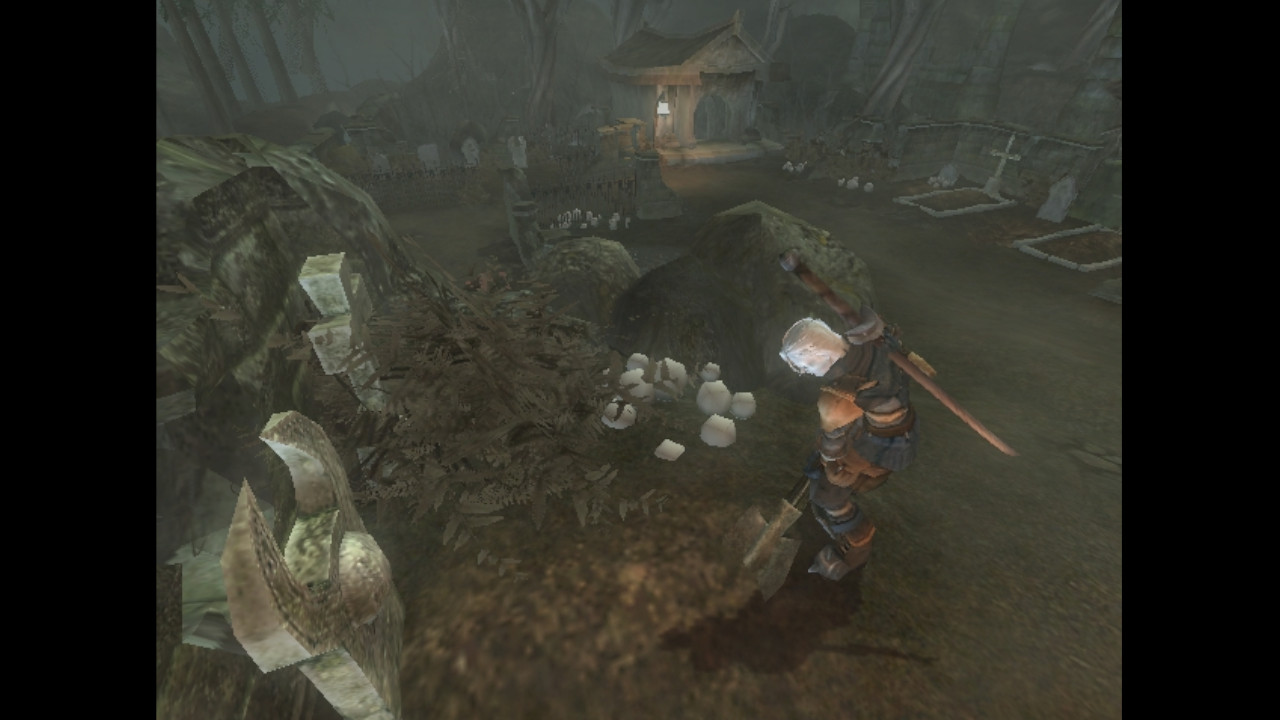
So we were just like, ‘This is where you make Fable.’
Whereas the centre of Guildford on a research park is not where you’d make Fable.
It was very different, there was concrete everywhere and it was an industrial estate.
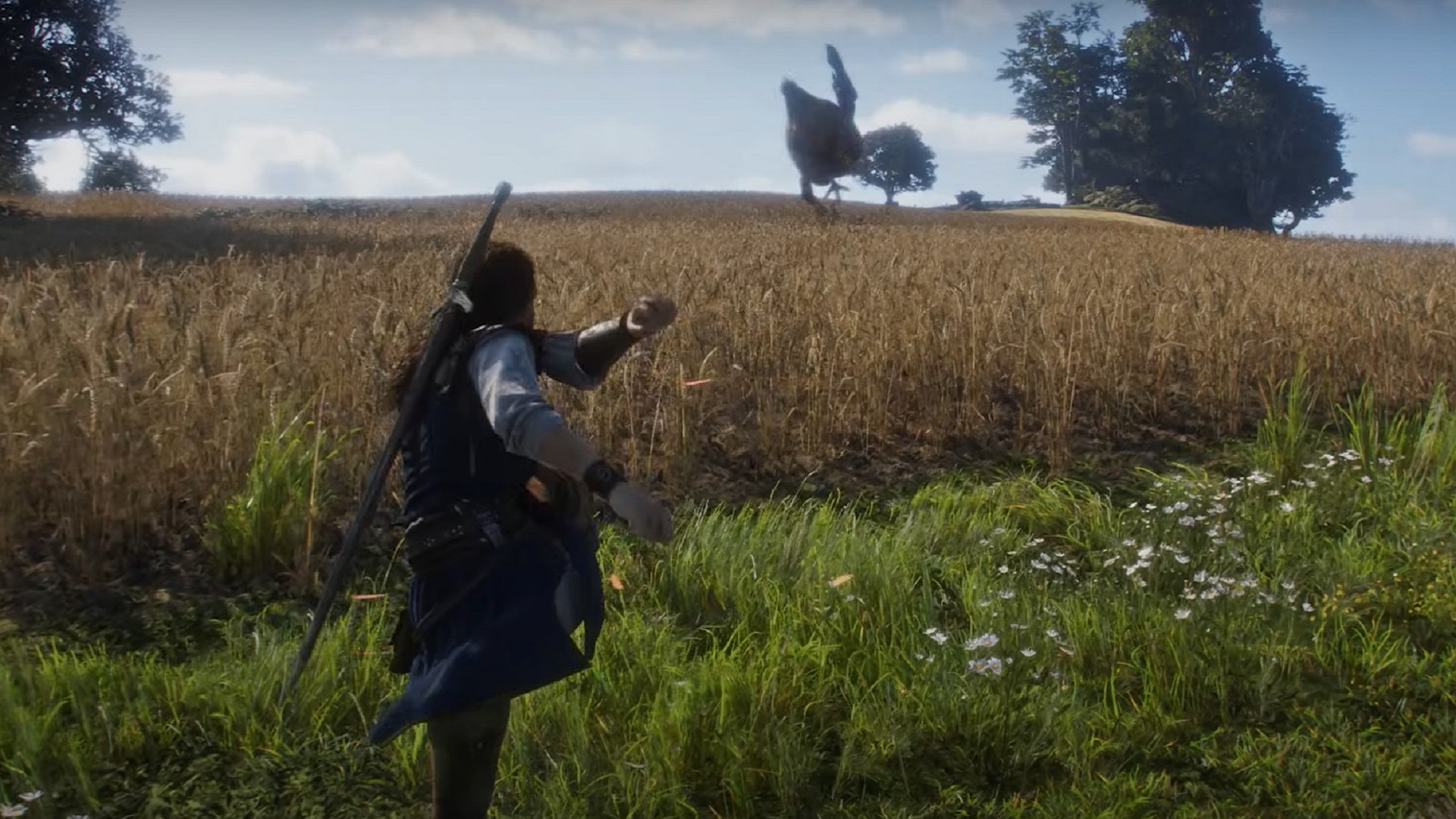
Peter says there was no game design document for Fable, reflecting the studio’s commitment to free-form exploration.
But this dedication to foregrounding creativity and experimentation came at a cost.
“We were all kind of semi-destroyed at the end of it,” he says.
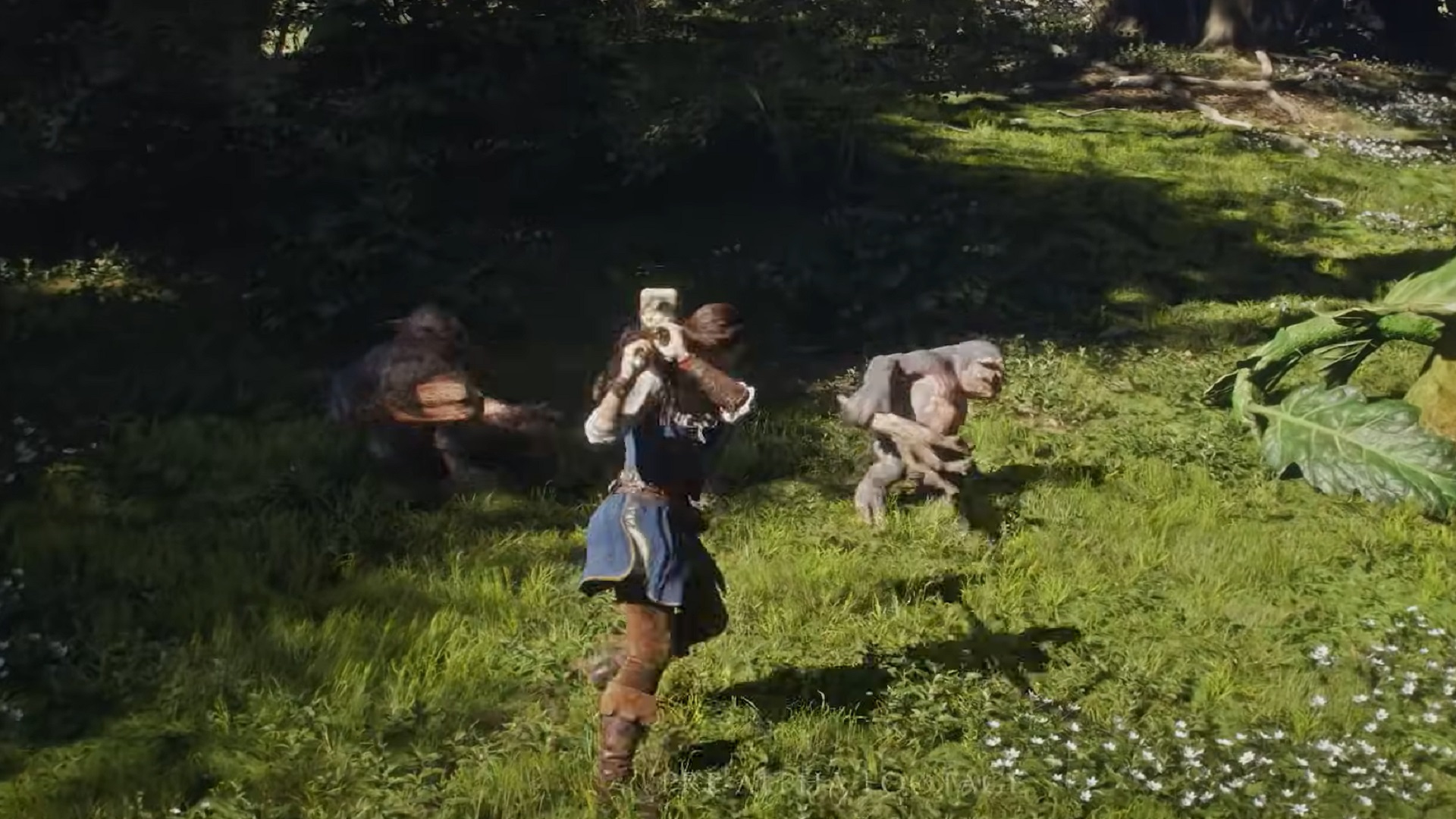
And then it would shift another six months and we would go again."
“For me personally, crunch was just a way of life,” says Peter.
I think Fable definitely was one of those."
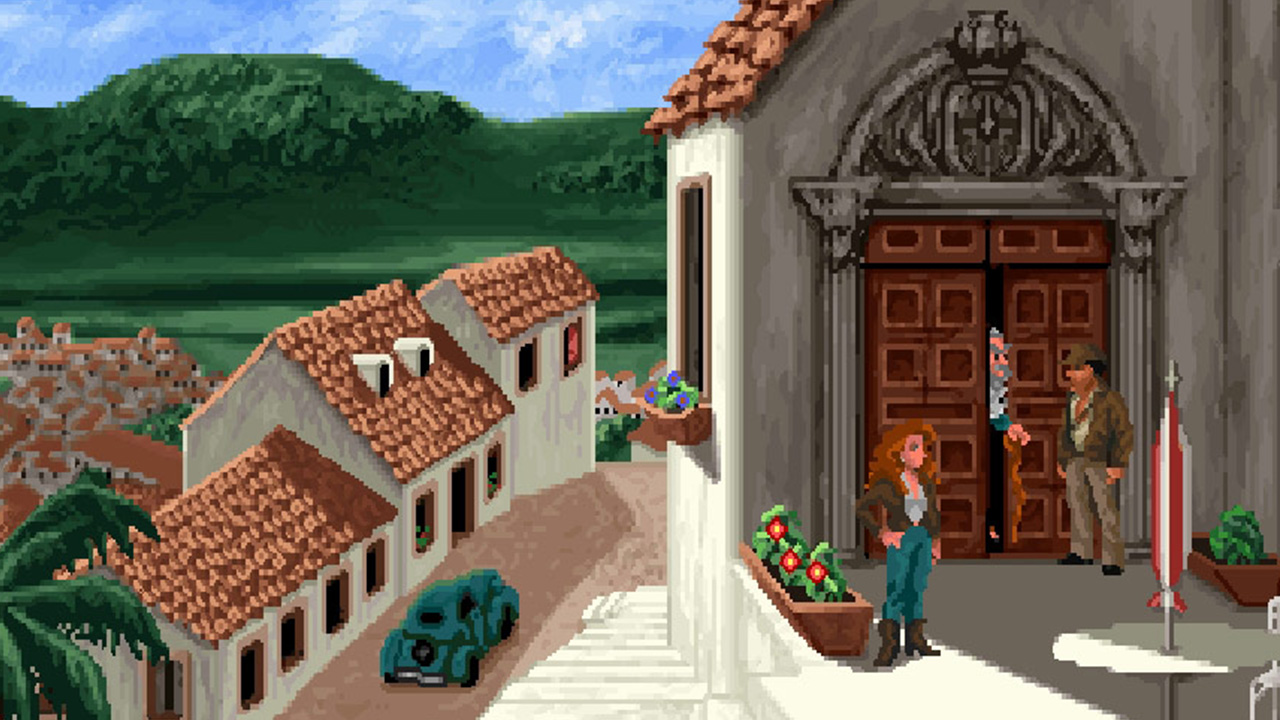
“We wanted the lengthy part of it to be the sandbox,” he says.
“It wasn’t about travelling to Mordor, it was about staying near The Shire.”
“People made stories for themselves.”
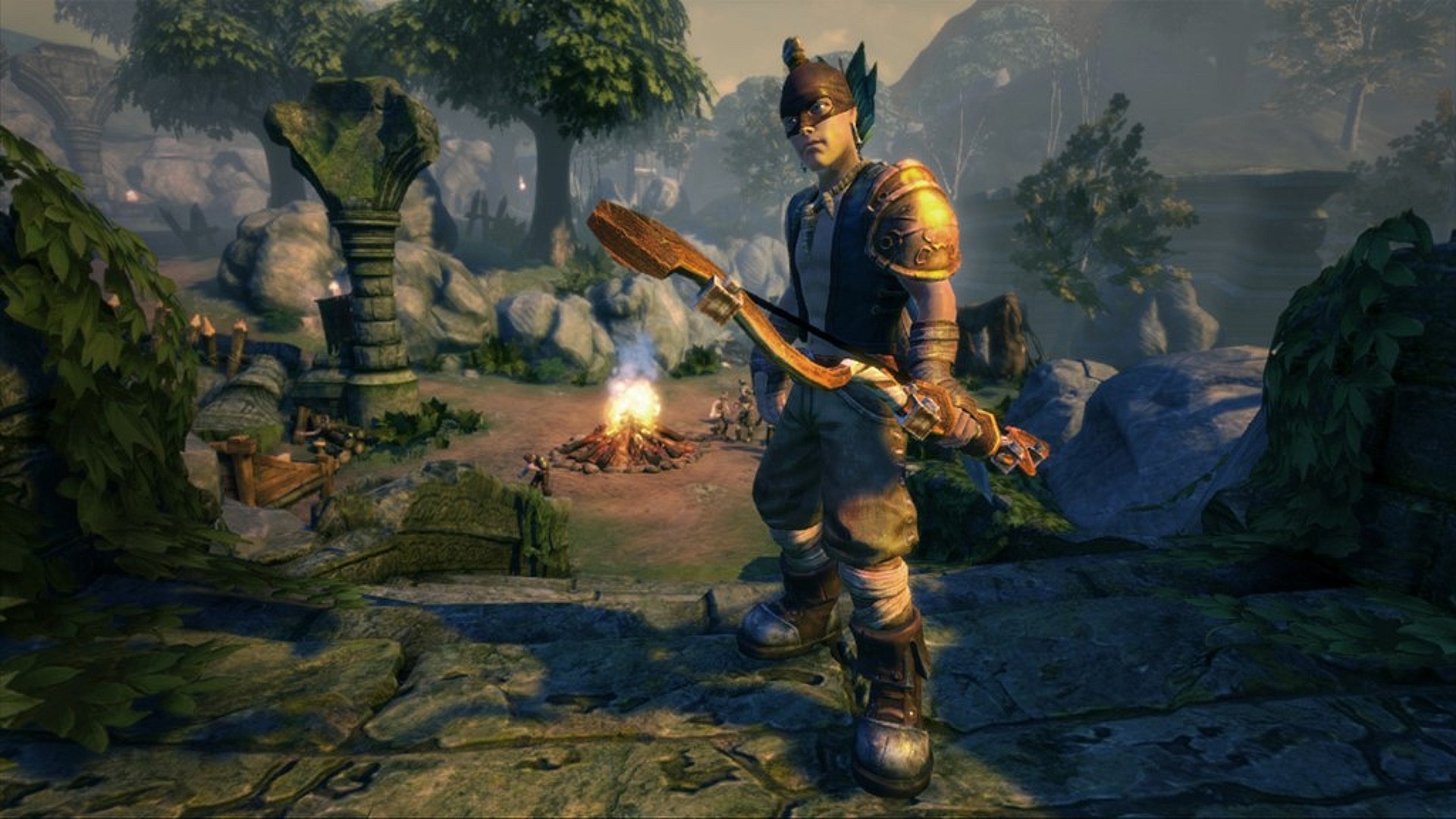
What about the next game in the series?
We’ve got a everything we know about thenew Fable gameyou can read now!
